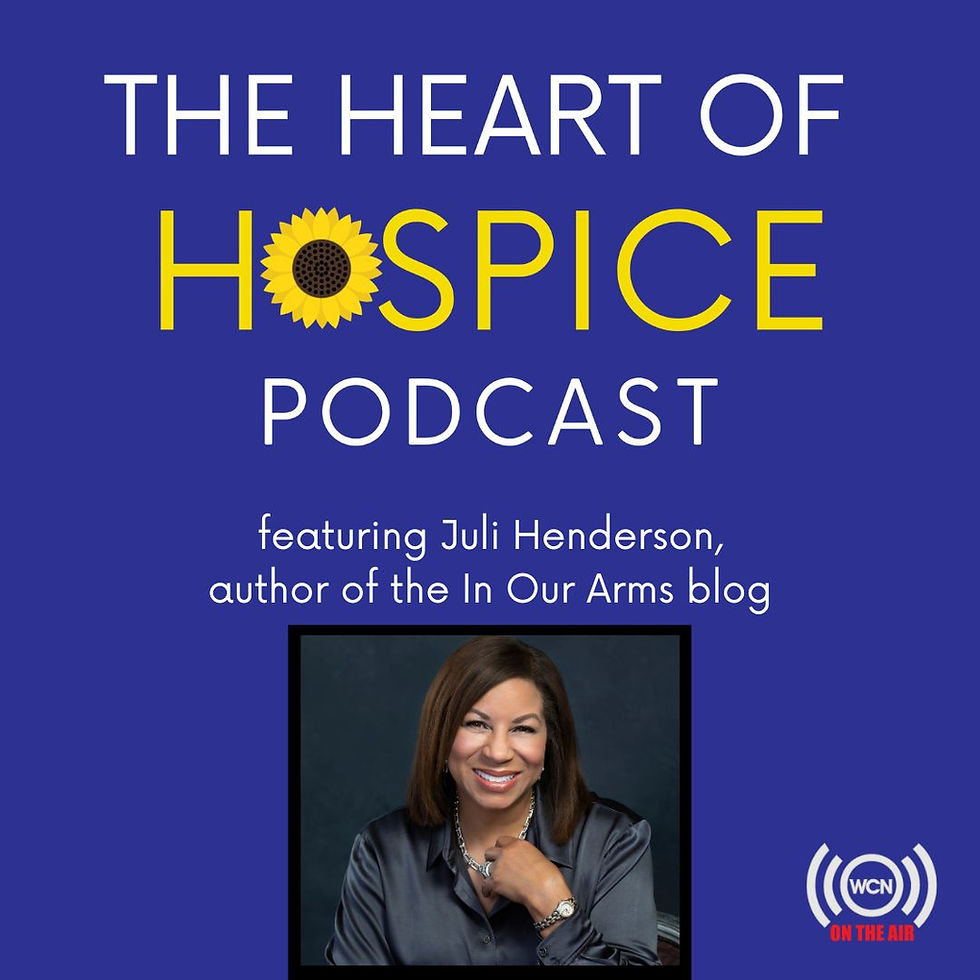Keeping a Grief Score
- May 1, 2020
- 2 min read
Newsflash: there’s a lot of grief going on. Nationally, internationally. In small communities, in small groups. Facilities, teams, families. Individuals.
The global grief seems big. You don’t have to live in a country to have empathy for their losses from the pandemic. Secondary grief makes us cringe when we see the number of deaths that our fellow world citizens are enduring. We grieve losses in our own urban areas and small rural communities.
We’re also feeling the singular losses. A husband, a wife. A parent, a child. Often separated from those we love right at the time we want to be there more than anything, we experience a blind grief that comes mixed with anger. Anger over being separated not just by the death, but by the distancing that is supposed to keep us safe, keep us healthy.
To so many people, death isn’t supposed to be a solitary experience. How many times have you read the standard obituary language reporting a person died “surrounded by his loved ones”? It’s the Gold Standard of Death. It’s the idea of a Good Death for many cultures and faith families.
That Good Death is proving to be elusive these days. What are we supposed to do with the extra emotions that are getting added to our grief due to distancing? Additional anger at a system that keeps us apart, imagining conspiracy theories so we can find someone to blame for the whole pandemic, and for our small slice of the big grief. Guilt and regret amplified.
Maybe you’re comparing your one small loss to the total number of losses. You’re doing some Grief Math. And coming up short on your score. You’re thinking, “The depth of my loss can’t compare to what my city/state/nation/country has experienced. Since my loss doesn’t affect an entire state, then my grief must be insignificant.“
Wrong. It’s not a contest. One loss – your loss – is as significant to you as numerous losses are to the citizens of a country. Your loss is everything to you. It should be.
Losing the ability to be present at a death and participate in funeral rituals that are parts of our cultures strips away part of our identities. It heightens our grief. Those rituals are inherent to who we are. Loss of rituals doesn’t just isolate us from family and friends. It isolates us from ourselves, from who we know ourselves to be. It seems to make our loved one nameless, faceless. It makes a single death seem like a non-event.
Grief just feels different right now. That grief requires us to recreate our rituals in ways we’ve never thought of before, adapting them to this time of solitary practices. Be inventive. Remember what made them sacred. Gather those rituals to yourself and hold them in ways that are appropriate for the time in which we’re living.
Everybody is grieving, either for themselves or for others. It’s not a contest to see whose grief burden is heavier. Nobody’s keeping score. Our global journey matters. Your personal journey matters. Don’t try to add it up. Just grieve.
No matter who you are, or where you are in your hospice journey, you are The Heart of Hospice.




Comments